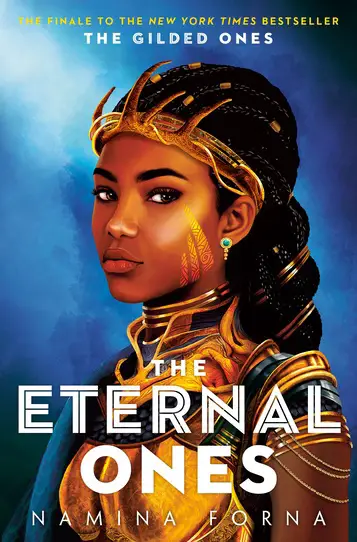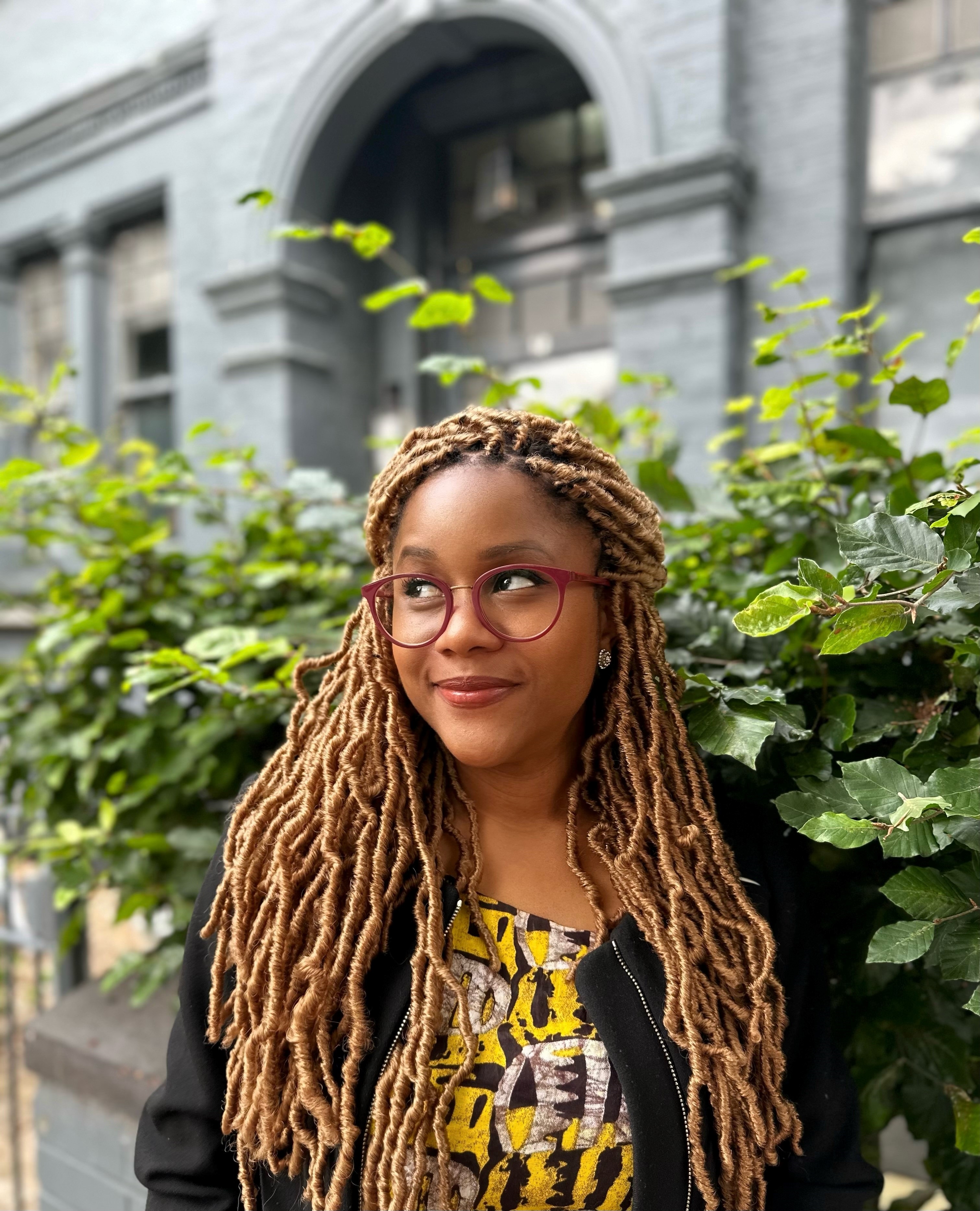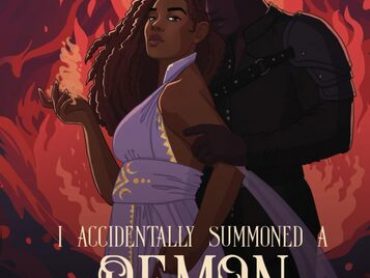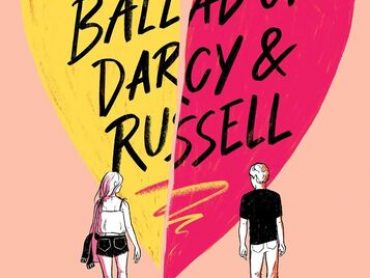Namina Forna wrote The Gilded Ones series that follows Deka, a teenage girl, who faces many difficult decisions. The Eternal One explores feminism, female heroes, and excellent world building. Namina was born in Sierra Leone and moved to the U.S. when she was nine. YE interviewed Namina about when she first knew she wanted to write about a strong female character, how the birthplace of Sierra Leone shaped the world she built in The Gilded Ones which will be turned into three films!
Young Entertainment: When did you first know that you wanted to be an author?
Namina Forna: Probably around age 19. I wrote my first book then and thought, “hmmm…. maybe I have something here.”
YE: What inspired you to write this series?
NF: Growing up as girl in both Sierra Leone, West Africa and Atlanta, Georgia. While I didn’t have the words back then for things like patriarchy and feminism, I knew I wasn’t being treated fairly due to my gender. So when I took a women’s studies class and realized what it was, I decided to write a book that would explain it.
YE: Otera is a patriarchal society, where girls are demanded to participate in a bleeding ceremony before they can be a part of it. When did you first know that Female oppression was something you wanted to write about?
NF: Second year of college. I took a women’s studies class, and when I realized that patriarchy was an actual construct, I decided to write a book that would break it down in an a simple, easy-to-digest way.
YE:When writing a strong female character such as Deka, what do you think is the most integral part in creating a character such as her?
NF: Making sure she was actually human. One of the problems with writing strong female characters is that you often end up falling into the trap of making them so strong they don’t have any human vulnerabilities. So I had to be careful to craft a character that was soft and fallible. Someone who made mistakes, cried, and needed people to lean on.
YE:Can you speak to how your birthplace of Sierra Leone shaped the world you built in The Gilded Ones?
NF: When I moved to America, I realized there was a view of the entire continent of Africa as this horrible place with very little advancement and a lot of poverty. That was not my experience growing up in Sierra Leone and I wanted to show people the beauty of the place I’d come from. That’s why Hemaira, the capital city, is all hills and rivers and waterfalls. That’s how Sierra Leone is. Very beautiful, very old, and full of history.
YE: How would you describe the character of Deka in three words?
NF: Vulnerable. Determined. Golden.
YE: What is a scene or quote that is your favorite?
NF: “I need someone to remember my scars.” This is what a friend begs my main character, Deka, to do in my favorite scene. This is significant because the girls in my book heal preternaturally fast. What the friend is asking is for Deka to serve as a witness to her suffering.
YE: What is your writing process like?
NF: It’s funny, my writing process is in a state of flux right now. I’m currently working on a new book, and I got the idea on a Friday and then started writing the next Tuesday. About 150 pages in right now.
YE: That one day you found out your book was being published was a huge day for you, what was the process of getting it published like?
NF: Getting The Gilded Ones published was an ordeal. I wrote the original version in 2012, but got rejected everywhere because people just weren’t buying fantasy books with Black girls in them. I literally had agents say this to my face. Then, I think it was around 2018, I saw the reception the promos of the Black Panther movie were getting. I did a page one rewrite of the book, which means I tossed out what I had and rewrote the book from scratch. The week it went out was the week it sold.
YE: What did it feel like? How do you celebrate?
NF: So much crying. I was so relieved. All I’d wanted was to be a writer. I also took myself out for a nice dinner and that was that.
YE: How much rejection came to you beforehand?
NF: I wrote my first novel in 2006 and didn’t get a book deal till 2018. So that was well over a decade of rejection. It nearly broke me, but I developed a very tough skin.
YE: What does it mean to you to have this book be published during Black History Month?
NF: Giddy. Call me petty, but I think it’s lovely that a series so many rejected for having a Black protagonist comes out on Black History Month.
YE: Your series is going to be adapted for film, what are you most excited about when it comes to the process of it turning into a movie?
NF: Seeing it on screen.





